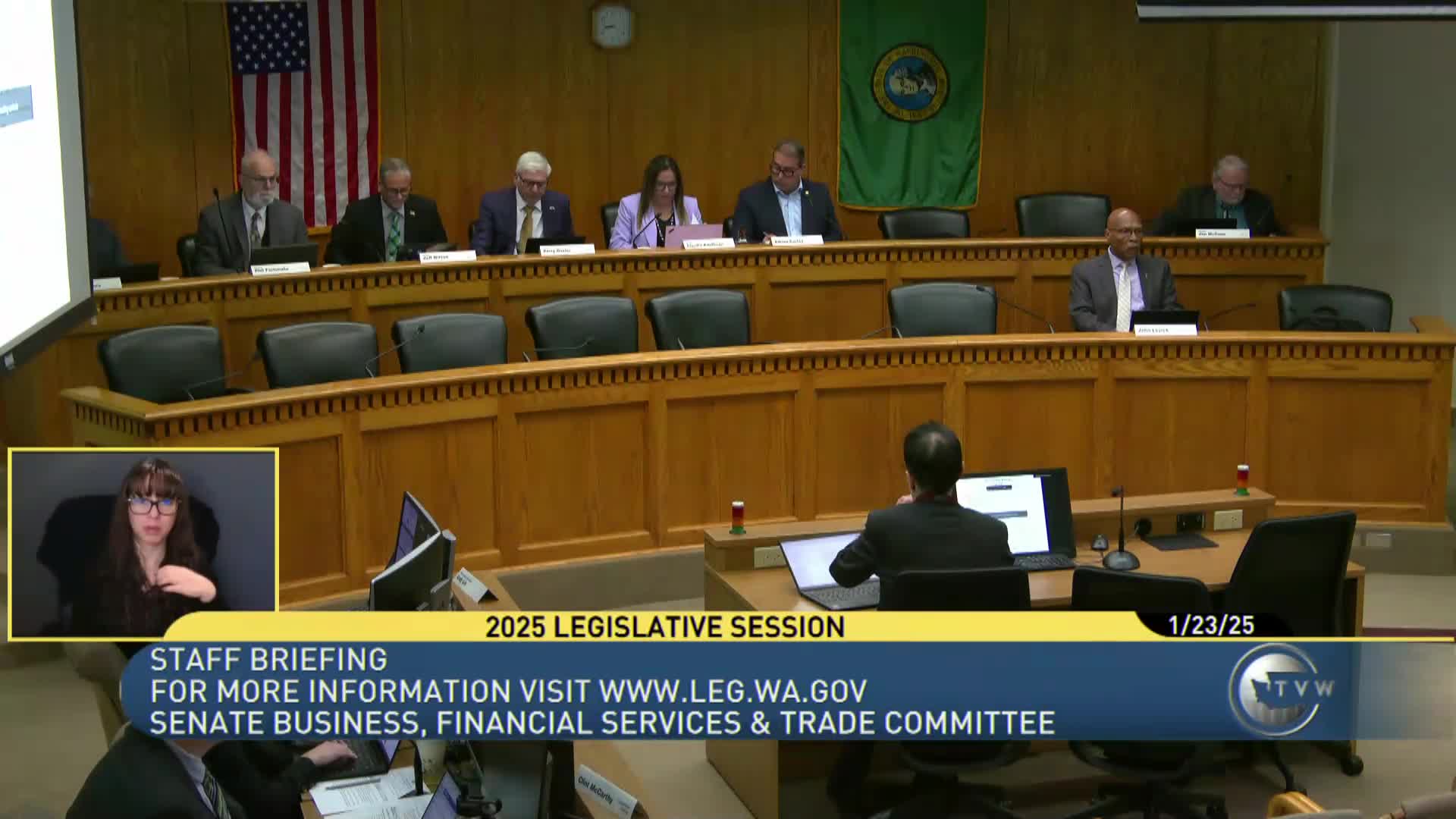Article not found
This article is no longer available. But don't worry—we've gathered other articles that discuss the same topic.
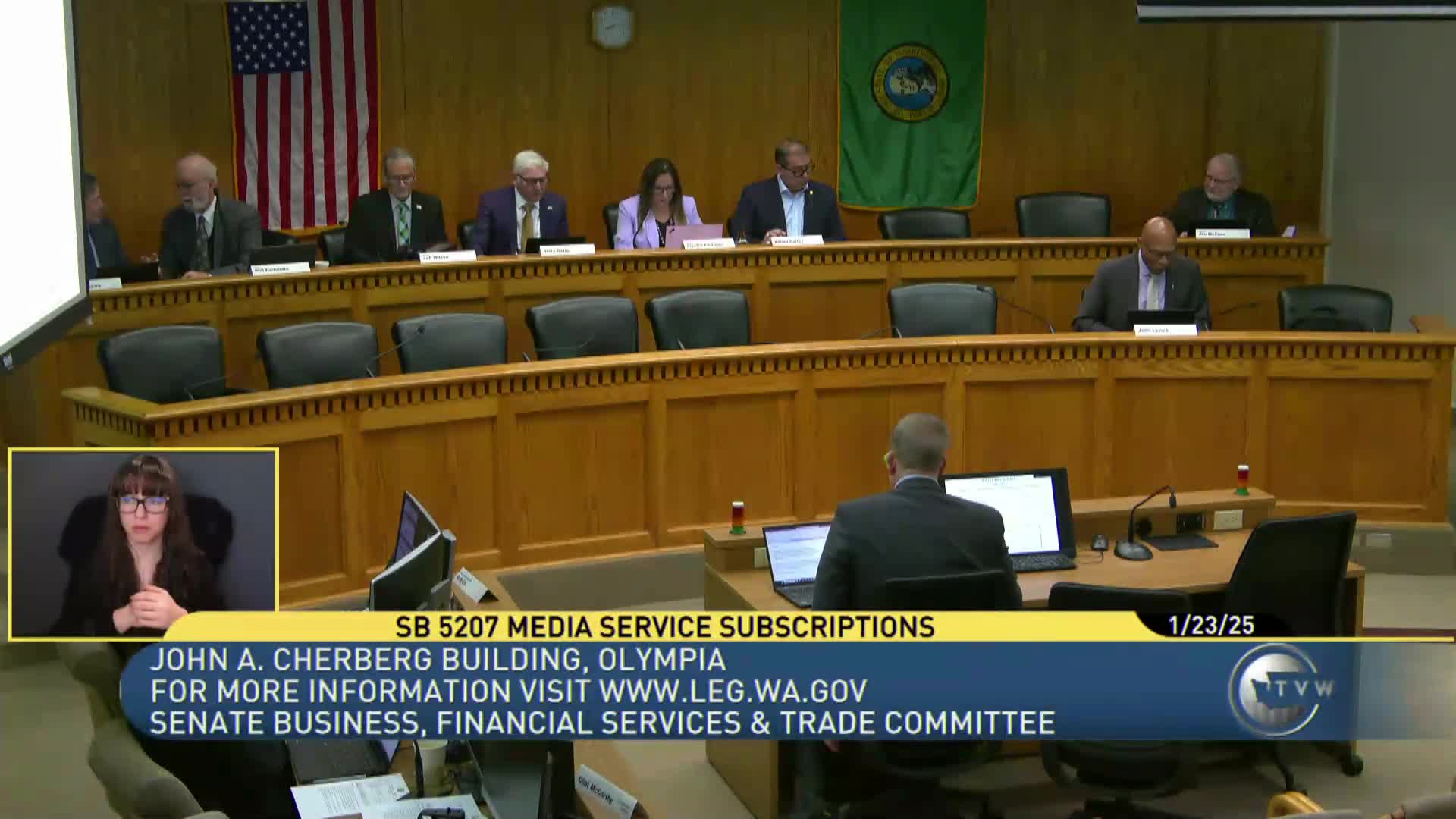
Senate bill would require pro rata refunds for early cancellation of digital subscriptions
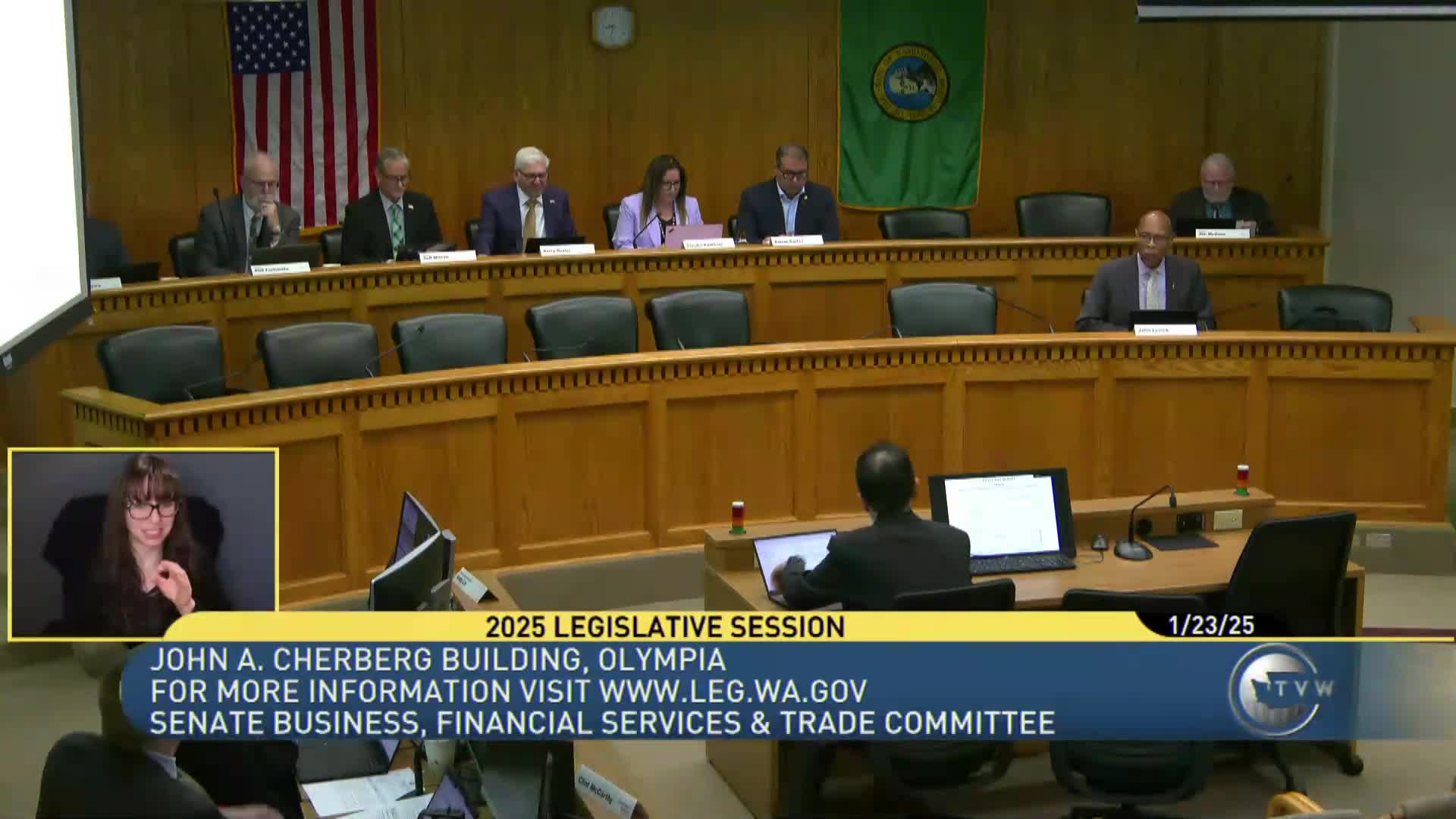
Bill would streamline filings for experience-rated group disability insurance
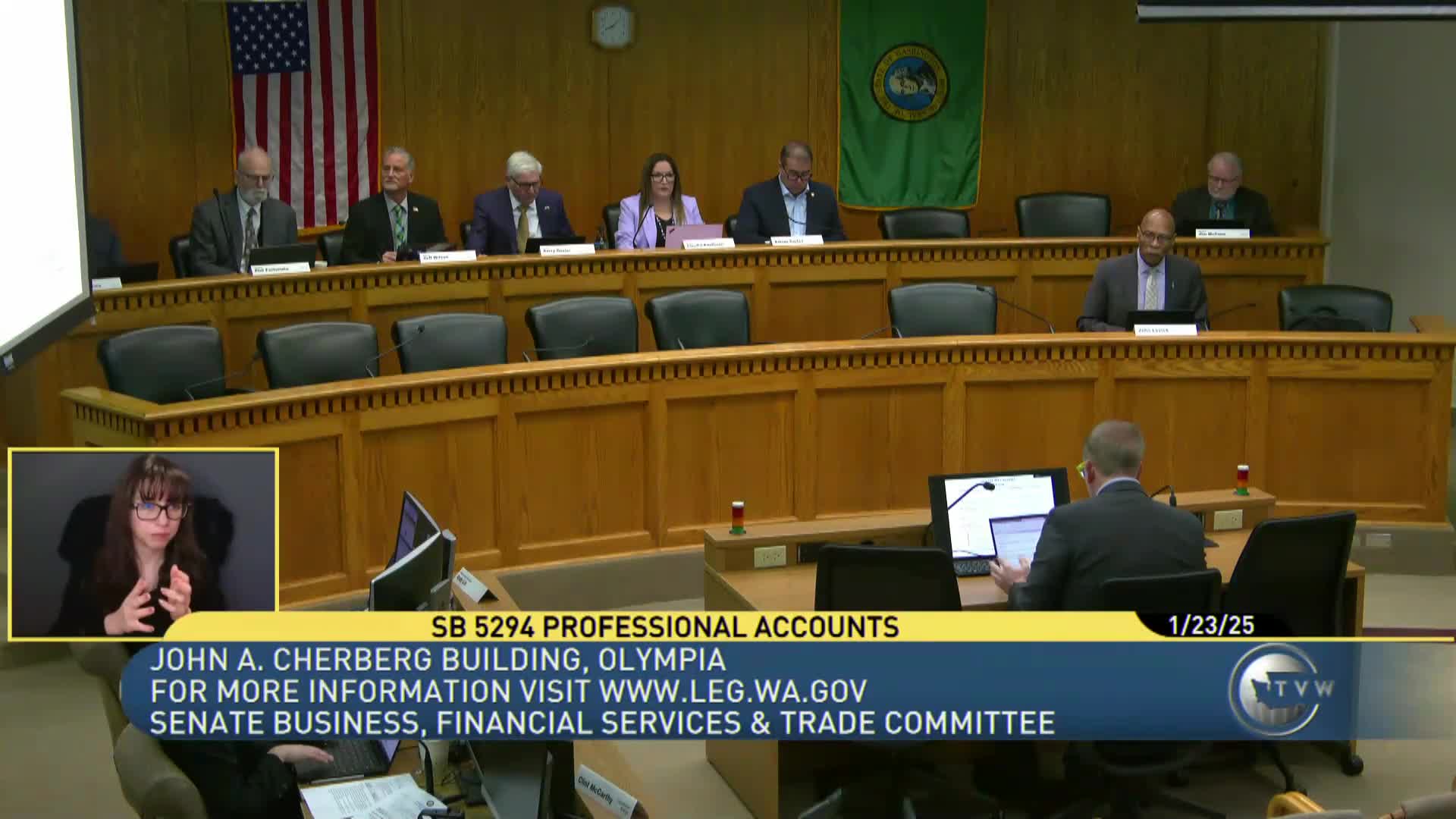
Bill consolidates small professional licensing accounts into Business and Professions account
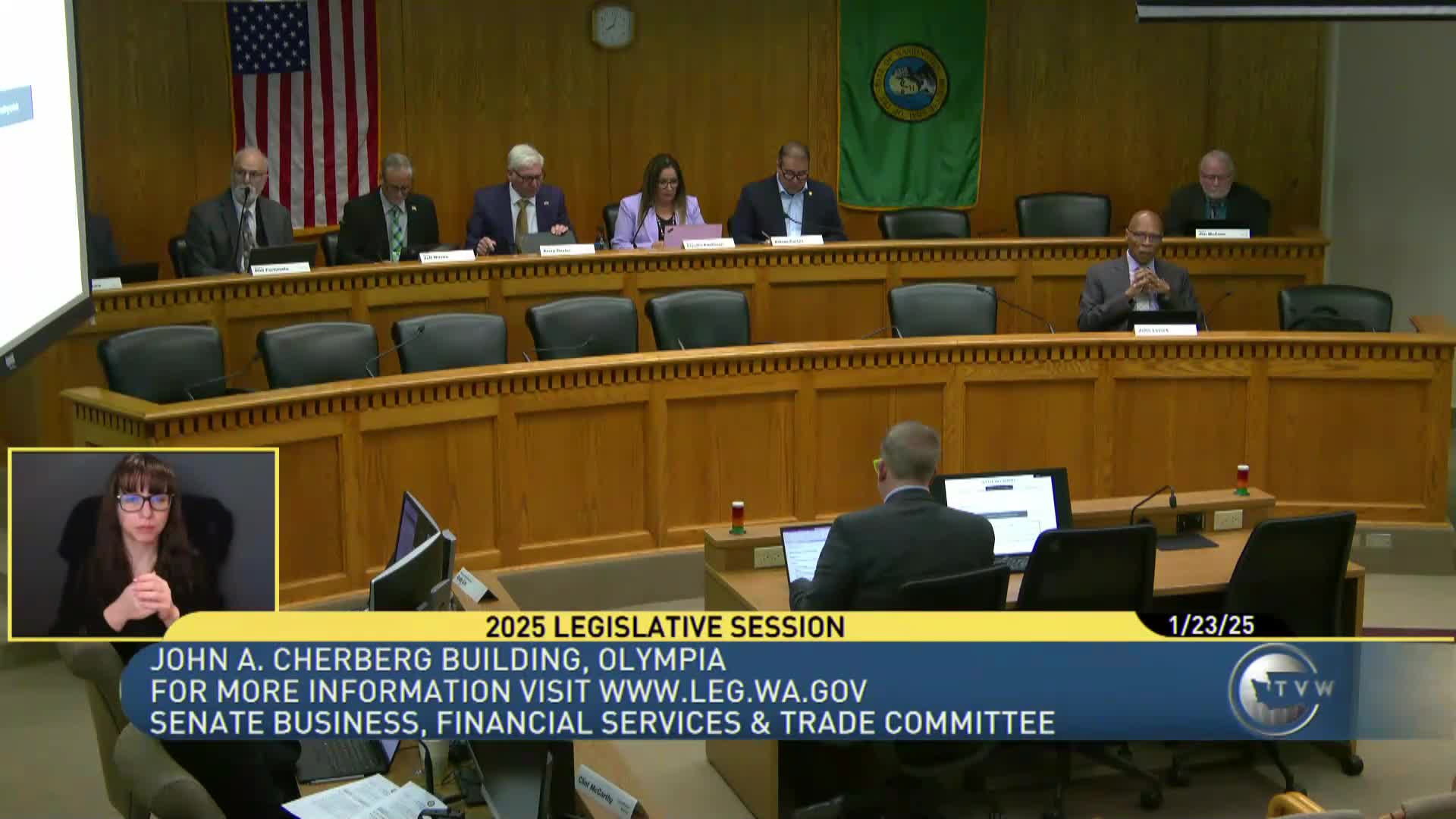
Bill would let municipal lodging taxes pay for nonprofit tourism facility capital projects
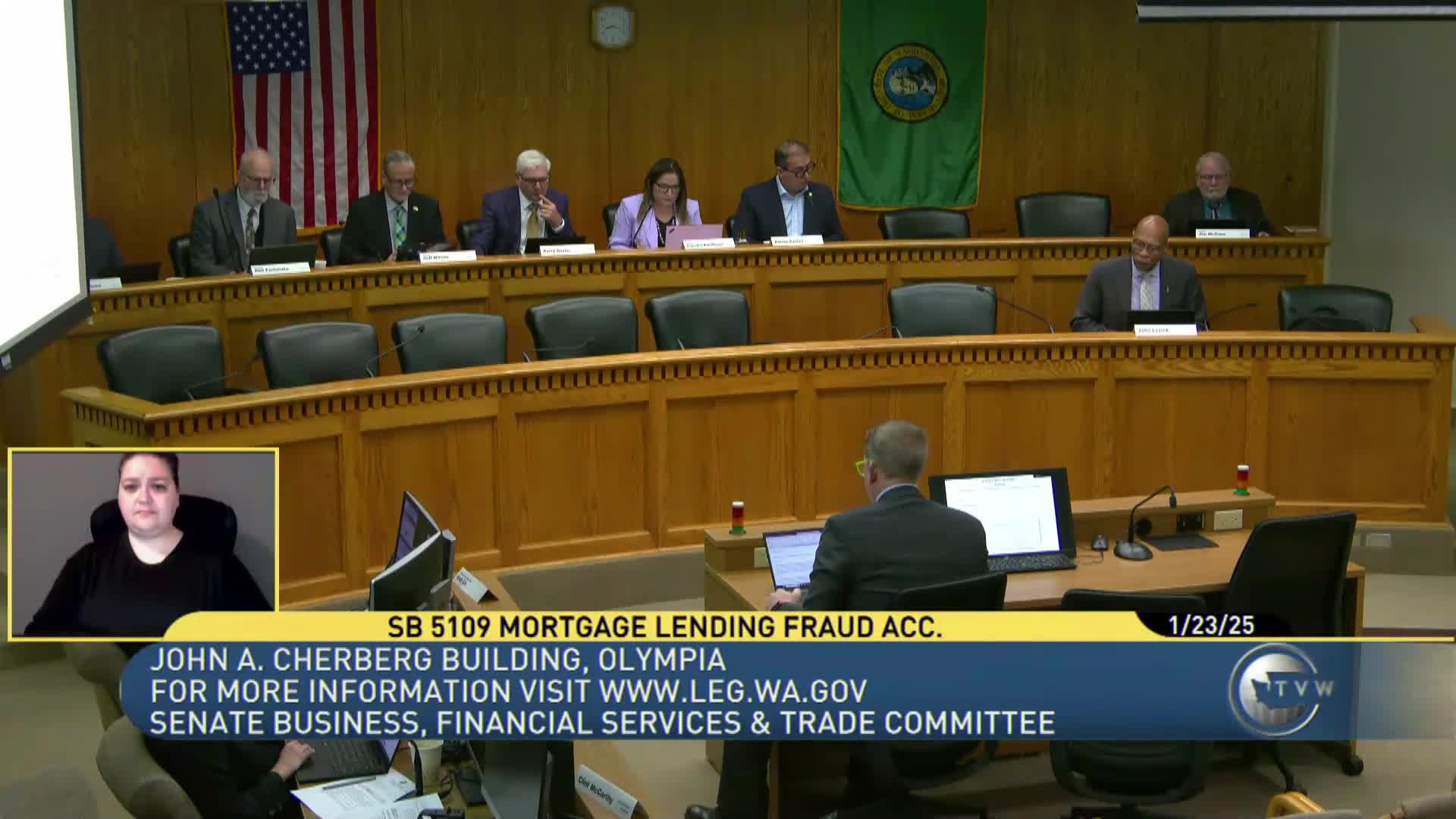
Bill would raise mortgage-fraud surcharge to bolster prosecutions, prosecutors say
